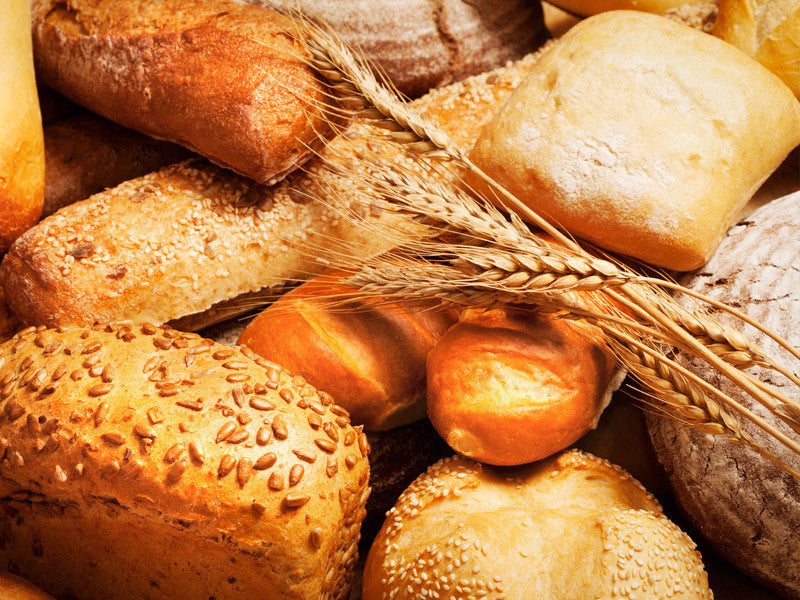Gluten Intolerance or Coeliac Disease?

What's the difference between gluten intolerance and coeliac disease?
If you suspect that you might have an intolerance to gluten, or if you have already been tested and diagnosed, then you are likely to have a lot of questions and concerns.
This guide has been put together to provide you with key information, giving you a much better understanding of Gluten and the most common sources.
Gluten is a complex protein that exists in grains including oats, wheat, spelt, barley malts and rye. Gluten is very commonly used as a food additive primarily for thickening, stabilising and also for flavouring.
Foods that contain Gluten include bread, cereals, crackers, pasta, rice, bagels, and pretzels. However, Gluten is also found in a number of far less obvious foods such as condiments, soup, turkey, soy sauce, seasonings, chicken, beer and more.
Grains containing gluten:
- Bran
- Bulgur Wheat
- Durum Wheat
- Farina
- Kamut
- Orzo
- Rye
- Rice
- Semolina
- Spelt/Farro
- Wheat
- Wheat Bran
Foods containing gluten:
- Cereals
- Hot Dogs
- Luncheon meat
- Pastries
- Muffins
- Bagels
- Bread
- Cake
- Tortillas
- Buns/Rolls
- Pasta
- Pizza
- Pies
- Sweets
- Gravy
- Sauces
- Couscous
- Canned soup
- Barley
The Difference Between Coeliac Disease and Gluten Intolerance
Gluten intolerance generally refers to a non-Celiac sensitivity to gluten, though both terms are often used interchangeably, making it confusing to differentiate between.
Think of Coeliac Disease as a severe form of gluten intolerance - if you have Coeliac Disease, you are gluten intolerant. However, it is possible to be gluten intolerant and not have Coeliac Disease.
Gluten Intolerance and Coeliac Disease
Celiac Disease is caused by an autoimmune reaction to gluten and left untreated this can cause serious conditions including malnutrition, cancer and severe neurological and psychiatric illnesses.
It really shouldn't be taken lightly, so if you suspect you are intolerant to gluten you should take steps straight away to determine if you are.
Coeliac Disease is a common condition affecting the bodies ability to digest gluten.
Go Gluten Free to Find Out For Sure
If you have had a clear gluten intolerance test but are still experiencing symptoms, you can do a couple of things. A more comprehensive blood test which screens for all of the proteins and enzymes in gluten which aren't commonly tested for will help or you can look at removing gluten from your diet completely to see if your symptoms improve.
There is no cure for Coeliac Disease, but you can reduce or in some cases completely remove symptoms, by changing to a gluten-free or Paleo diet. Whilst the total removal of gluten will represent a very large change to your diet and indeed your life, it can be done. Looking at resources about a Paleo diet can be a great way to get started.
Resources
http://www.nhs.uk/conditions/Coeliac-disease/Pages/Introduction.aspx
PLEASE NOTE: The information contained within this blog article is meant as a guide only and is in no way a substitute for professional medical advice. If you are concerned or suspect a serious intolerance or allergy, please ensure you see a medical professional immediately.


Comments on this post (0)